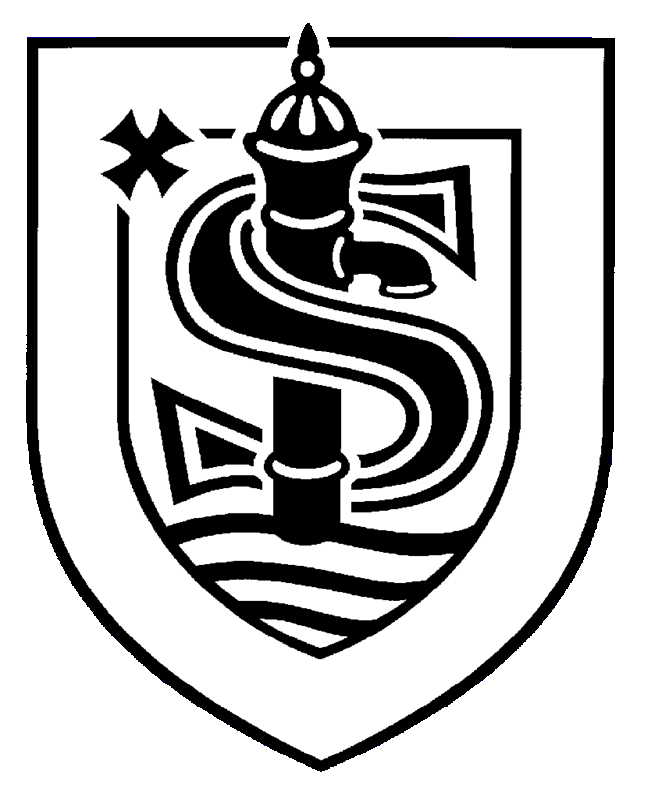Science
Intent
Broad
- Our Science curriculum encourages all pupils to be curious about the world around them and to foster a sense of wonder about natural phenomena.
- We use White Rose Science to ensure full coverage of the National Curriculum and the progression of Science skills. This is adapted to our 2 year rolling programme.
- It provides a stimulating, engaging, and challenging learning environment.
- Pupils will be encouraged to develop and use a range of working scientifically skills including questioning, researching, and observation.
- Through the promotion and celebration of these skills we encourage pupils to build upon their Science Capital.
- Our aim is that Pupils develop a broad vocabulary. Scientific language is taught and built upon as topics are revisited across key stages.
Balanced
- Science is a core subject and each term a specific science topic or theme is addressed in KS1 and KS2.
- In EYFS, early science knowledge is integrated into topics through Knowledge and Understanding of the World.
- Skills in other subjects such as maths and computing are reinforced within science lessons and children are encouraged to communicate their scientific knowledge in a range of ways using skills taught within the English curriculum.
- As part of the STEM learning, Science skills enhance the child’s STEM learning journey and future STEM progression.
Progressive
- Strands are built upon from KS1 to KS2
- Planning for science show progression to ensure full coverage of The National Curriculum programmes of study for Science and Understanding of the World in the EYFS.
- I can statements break down the progression of knowledge skills and understanding into year group specific targets for our mixed year classes.
- Within each unit there is time for the pupils to develop their skills, knowledge and understanding in scientific working as well as developing specific content knowledge and concepts
- All pupils work on the same core tasks with accompanying materials. Those that grasp content and concepts independently can go on to work on the ‘stretch and challenge’ extensions within a task. This will require them to go into greater depth, for example by showing a greater depth in the scientific approaches or greater depth in their understanding of concepts and vocabulary.
Cumulative
- Knowledge is revisited and skills developed by repetition and reinforcement of core scientific themes.
- At the beginning of each Science topic, teachers take time to ascertain pupils knowledge and what they might wish to find out.
- Key scientific language is modelled throughout lessons enabling our pupils to be familiar with and use vocabulary accurately.
- Knowledge organisers, in KS1 & 2, include a summary of the key facts, essential vocabulary and knowledge that pupils need for each unit of work.
Inclusive
- Our science curriculum is designed so that all pupils can and should receive their entitlement to science within a broad and balanced curriculum.
- Pupils will be supported through paired (partner talk) and group work. Questions posed within sessions provide opportunities for all pupils to be able to contribute
- Those working towards expectations will work on the same tasks but may need greater support and may not complete all levels of an activity. Teachers use a range of approaches and a range of resources including technology, wherever appropriate, to aid teaching and learning and help children to meet the objectives of each lesson. Children will be given the opportunity to demonstrate their knowledge and understanding orally or visually, where limited literacy skills are a barrier to their achievements within the subject.
- Pupils working above expectations are expected to undertake activities with greater independence and to be provided with some opportunities to make choices on how they learn and can communicate their knowledge.
Implementation
- White Rose Science scheme is used to deliver the National Curriculum.
- A two-year rolling programme is used to plan for the needs of mixed-year classes. For each term there is a science unit of study for each class
- Classes have weekly timetabled science lessons.
- Teachers model wonder and amazement of the world around them to encourage pupils to do the same.
- Pupil’s independence is promoted and responsibility of their own learning e.g., self-marking or annotating.
- Planned trips and visitors are encouraged to enhance our pupil’s learning experience.
- Science week is planned and run by the Science Lead to raise the profile of Science and STEM within the School.
- Questions and tasks to stretch and challenge the most able pupils are incorporated where appropriate.
- Children who are working towards the expectated level will be provided support and opportunities to catch up through focus during the lesson and in some cases targets in their APDR or class intervention record.
- The use of practical lessons and the outside environment is encouraged to provide multisensory experiences and hands-on science enquiry.
Impact
- Teachers use formative assessment during teaching and learning and provide support as needed so that all children make expected progress.
- The level each child is working at (whether in line with the majority of I can statements for their year group, below or above) will be recorded and input into the school’s tracking system twice a year (February half term in preparation for written parent reports and at the end of the academic year to provide the receiving teacher with up-to- date information.
- The impact is evidenced through the pupils’ work and the degree to which they meet the National Curriculum expectations and Working Scientifically skills for their year group.
- By the end of the EYFS, Teachers make Early Years profile judgements based on cumulative observational evidence recorded over the course of the year.
- At the end of Key Stage 1 and Key Stage 2 there is a summative assessment as part of the SATs and Teacher Assessments.
